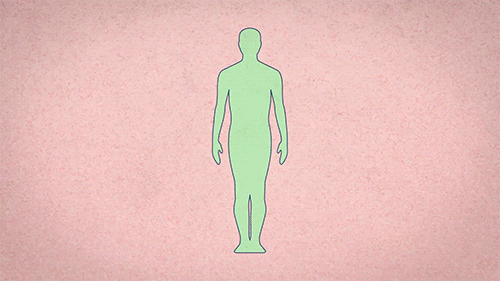While Google wants to put our memories in a database and Humai wants to bring the dead ones back to life here’s Microsoft planning to use our DNA for digital data storage
Technology has given us plenty of shockers but this can be easily termed as the ultimate shocker of all. You must have heard about various storage devices but have you ever even thought about using DNA molecules for storing data? Well, Microsoft has already begun to test the hypothesis.
“DNA is like a computer program but far, far more advanced than any software ever created.” ― Bill GatesIt is possible to transform the relationship between our past and future through technology, claims Microsoft. The tech giant has announced that through its newly rendered partnership with the firm Twist Bioscience, the firm can use DNA for long-term and secure data storage. In fact, Microsoft states that all of the currently available digital data can be stored in just 20grams of DNA.
Microsoft announced this week that Twist Bioscience has already given 10million long oligonucleotides of DNA molecules, which is massive. So, now Microsoft can begin to test the prehistoric information tech to store data for long.

It must be noted that just like PCs, it is possible to encode information in the DNA molecules as discrete units because the structure of DNA is such that it comprises of four units that are called nucleotides A, C, G and T. Unlike zeroes and ones the DNA has a string of these nucleotides in a specific order. Each of the nucleotides represents some particular piece if information.
Fingerprints are History — Brain Scans will be the Next-Gen Passwords
Your Dead Relatives May Virtually Come Back Through Project Elysium
Our electronic storage systems require special maintenance and also a large amount of space but DNA, after being proven readable after thousands of years. The cost of storing data won’t be a lot as well since when in 2003 the scientists sequenced the human genome for $ 1 billion, today DNA can be read for only over $1000 while the genetic instructions can be written through synthetic biology tools.
The Microsoft and Twist Bioscience aims to develop practical and scalable methods of achieving this task. It is practical to use DNA for data storage because as long as there is life on earth DNA reading technology will be available. This means that the recoverability of stored digital data will be possible.
Raj Mehta PR Newswire